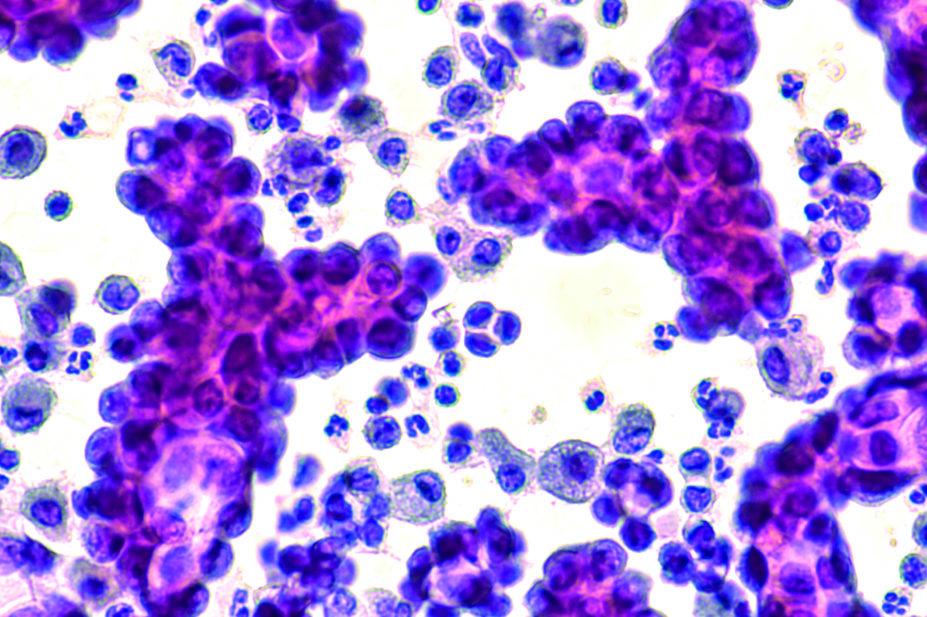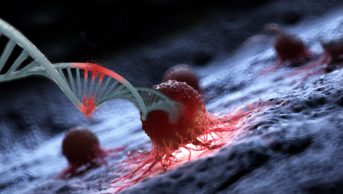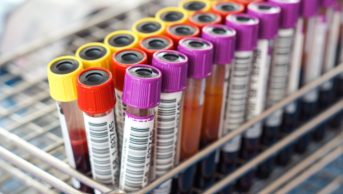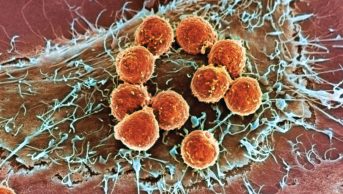
Shutterstock.com
Immunotherapy leads to significant responses in patients with advanced lung tumours but its benefit in early tumours remains unknown.
Researchers carried out immune profiling in order to map the microenvironment of early stage lung tumours. They took freshly resected stage I lung adenocarcinoma tumours from patients who were treatment naïve, along with samples of surrounding healthy lung tissue and blood samples, and simultaneously analysed them.
The researchers identified natural killer (NK) and myeloid cell responses unique to the tumour lesion and absent from the non-involved lung tissue or from the blood. In as early as stage I disease, the tumours had a strongly reduced CD8+ T effective/T regulatory cell ratio compared with the healthy lung tissue. NK cells were also strongly reduced in the tumours and phenotypically altered.
Publishing in Cell
[1]
(online, 4 May 2017), the researchers concluded that the finding provides a powerful tool for the rational design of early stage cancer immune therapies.
References
[1] Lavin Y, Kobayashi S, Leader A et al. Paired single-cell analyses identify a distinct innate immune landscape in early lung adenocarcinoma lesions. Cell 2017;169:750-765. doi: 10.1016/j.cell.2017.04.014


